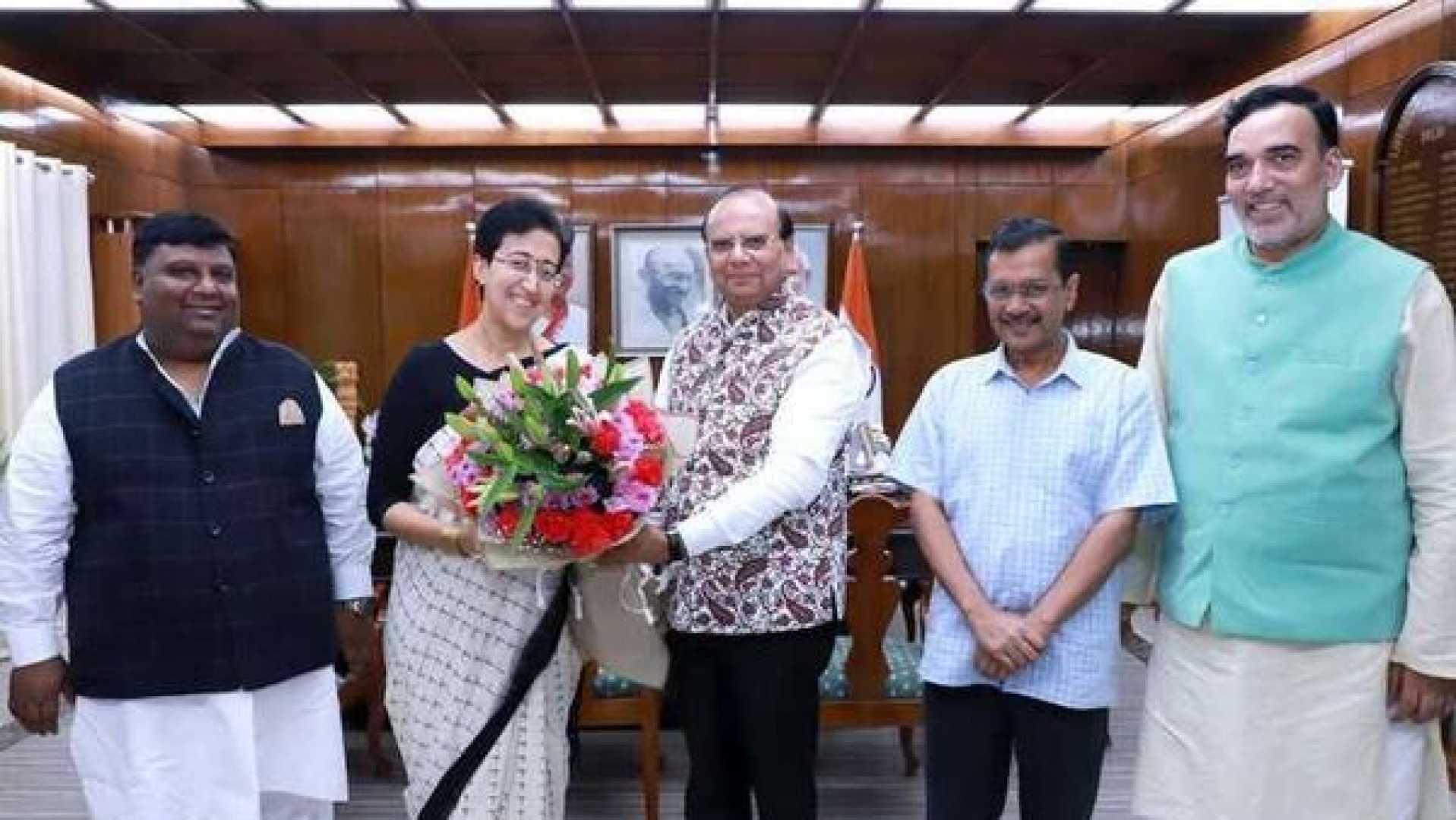News
Kejriwal Announces Resignation Amid Corruption Allegations

Arvind Kejriwal, the leader of the opposition and Chief Minister of New Delhi’s regional government, declared his intention to resign from his position just days following his release from prison. His announcement came after he was granted bail in a corruption case involving the city’s liquor policy.
During a public address, Kejriwal, a notable critic of Prime Minister Narendra Modi, expressed his willingness to step down, stating, “I have come to ask the public whether you consider Kejriwal honest or a criminal. I will resign from the post of Chief Minister in two days and seek the people’s verdict on my honesty.”
Kejriwal, aged 55, is the key figure of the Aam Aadmi Party (AAP), which, despite its rapid rise to political prominence, remains a smaller force compared to traditional opposition parties. He has served as Delhi’s Chief Minister since 2015.
The Supreme Court of India released Kejriwal from custody following his detainment in connection with Delhi’s controversial liquor policy. He had been in prison for six months and was released on a bond with specific conditions, including not commenting publicly on the case or resuming his official duties immediately.
Kejriwal’s release was anticipated to bolster his campaigning efforts for the regional elections next month in Haryana and the coming elections in Delhi. However, he affirmed that he would only reassume office if the electorate voted in favor of his integrity in the upcoming polls.
He urged the Election Commission of India to conduct early elections in Delhi, pushing for a November date instead of February 2025, to coincide with the state elections in Maharashtra.
The AAP is part of a broad opposition alliance and is scheduled to meet to decide on Kejriwal’s successor as Chief Minister.
The Aam Aadmi Party has consistently denied the corruption allegations against Kejriwal, labeling them as politically driven. His arrest was initially handled by the Enforcement Directorate and later by the federal police, both relating to the same liquor policy case.












